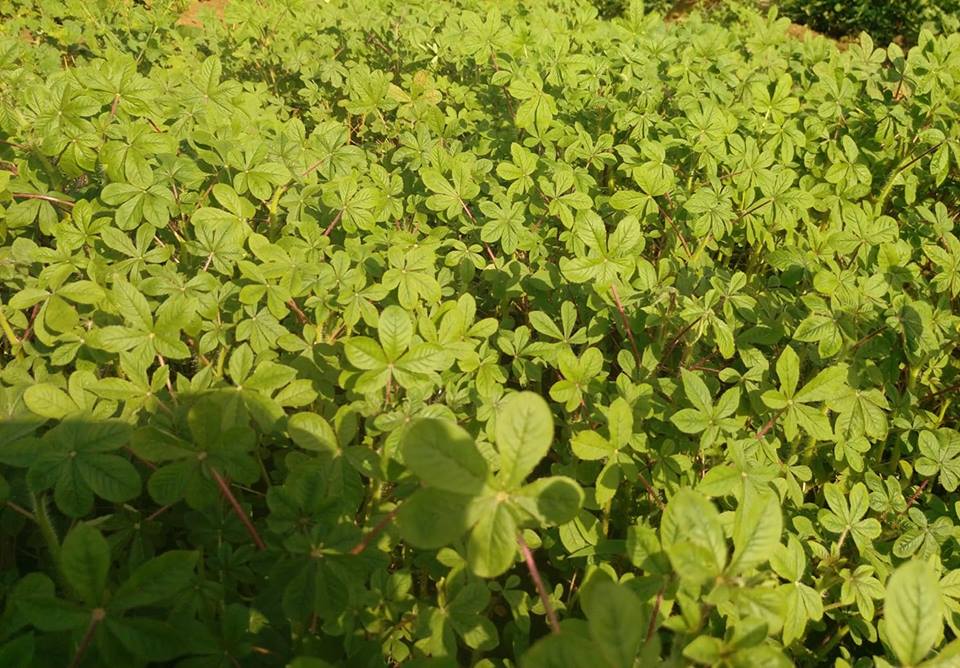 Spider plant
Spider plant
Vihiga County, in western Kenya is seeking to recruit 2,500 farmers who have been growing kale, cabbage, spinach, broccoli and cauliflower and sell locally to venture into cultivating traditional African vegetables to supply to Carrefour supermarket.
In this, the county has unveiled a Sh30m plan aimed at supporting growers with small parcels of land that are not viable for large-scale agriculture where they will be supplied with seeds and cuttings for vegetables such as black nightshade (lisutsa), spider plant (tsisaga), amaranth (tsimboga), cowpeas (likuvi) and jute mallow (mutere).
According to 2010 research by Mary Oyiela Abukutsa-Onyango for JKUAT, introduction of exotic temperate crops such as cabbage, indigenous greens lost popularity in Kenya and started to be regarded as ‘weeds’ and `poor man’s food’
However, according to Vihiga Trade executive Geofrey Vukaya, the programme will turn the rural county into a commercial hub for traditional vegetables and earn the farmers better living.
“We have secured a deal with the supermarket to buy the traditional vegetables directly from the farmers. We will also set up collection centres at Walodeya in Chavakali, Wemilabi in Emuhaya, Majengo in Vihiga and Cheptulu in Hamisi where farmers will take their produce for sale,” said Vukaya.
The centres will also serve as market for neighbouring counties of Nandi, Kakamega, Siaya and Busia.
“Despite the small sizes of farms in the county, venturing into cultivation of traditional vegetables will be viable for our farmers. We have decided to start with 2,500 farmers and will increase the number with time to reach more such farmers with the aim of upping their incomes,” said Vukaya.
RELATED CONTENT: Siaya group excel in collective marketing of traditional vegetables
RELATED CONTENT: Narok farmer earns Sh8,000 a week from traditional vegetables
RELATED CONTENT: Cabbages give higher yields at lower cost when grown in rotation with traditional vegetables
The trade executive said the seeds will be supplied by Natural Products Industry (NPI) while Jomo Kenyatta University of Agriculture and Technology (JKUAT) will provide training for the growers to ensure quality and standard harvests.
Fifteen sacks of traditional vegetables can be harvested per season on a one-acre piece of land and this can earn a farmer up to Sh102,400 per season.
With 60 per cent of the Kenyan population living below the poverty line, resulting in malnutrition and poor health, there is need for a paradigm shift in the production patterns to harness the nutrition and economic potential of indigenous vegetables, according to Abukutsa.
















Comments powered by CComment